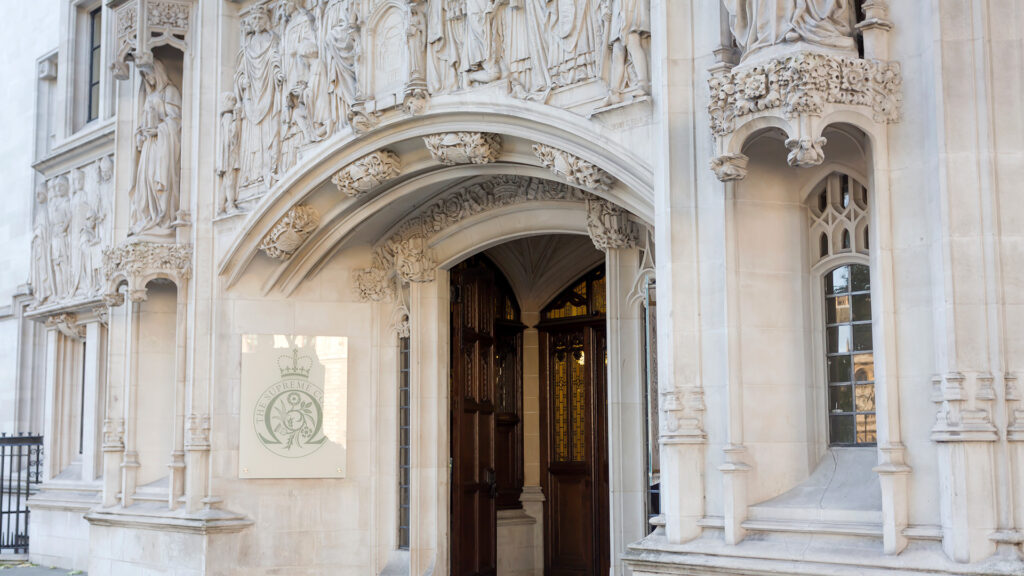
Is Repudiatory Breach Capable of Remedy?
In the very recent case of Kulkarni v. Gwent Holdings Ltd1, the Court of Appeal had to consider whether or not a repudiatory breach of contract was remediable/capable of being cured.
The starting point is that under the common law, a repudiatory breach of contract cannot be cured or remedied by the guilty party. The Court of Appeal cited Bournemouth University Higher Education Corpn v Buckland [2010] EWCA Civ 121 as authority for the proposition that “a repudiatory breach of contract, once it has happened, cannot be ‘cured’ by the contract breaker” and the innocent party retains the “right to go“. In other words, it is entirely up to the innocent party to choose whether the contract should continue or not, either by electing to affirm the contract and continue, or by accepting the repudiatory breach and terminating.
However, if a repudiatory breach cannot be cured, what is the position where there is a repudiatory breach, but there is a clause in the contract which provides that the innocent party has a right of termination (or some other remedy) if such breach is not cured by the guilty party within a set period?
This was the issue in Kulkarni.
This case concerns a dispute under a Shareholders’ Agreement (SHA) but is applicable more widely to any contracts.
It particularly concerned clause 7.1(d) of the SHA, which triggered a compulsory share transfer upon the occurrence of certain events, including:
“the Shareholder committing a material or persistent breach of this agreement which, if capable of remedy, has not been so remedied within 10 Business Days of notice to remedy the breach being served by the Board (acting with Shareholder Consent)”.
Similar clauses are to be found in other contracts which make provision for termination of the contract upon the occurrence of certain events. For example:
“Either Party may terminate this Agreement with immediate effect by written notice if the other Party commits a material breach of this Agreement and fails to remedy such breach within 30 days of receiving written notice”.
It was common ground in Kulkarni that Shareholder A was in repudiatory breach of the SHA. However, the innocent party, Shareholder B, had not served any notice under clause 7.1(d).
Shareholder B argued that any repudiatory breach is inherently irremediable, so no notice to remedy is required under clause 7.1(d).
The Court of Appeal concluded that repudiatory breaches are not necessarily irremediable in the circumstances of this case because:
- Buckland affirms that a repudiatory breach gives the innocent party a choice to affirm or terminate the contract, but this does not mean the breach is irremediable for other purposes.
- The common law principle that a repudiatory breach cannot be “cured” does not apply to interpreting whether a breach is “capable of remedy” under a contractual clause like 7.1(d).
- The clause in question does not distinguish between repudiatory and other breaches — it simply refers to “material or persistent” breaches.
The Court of Appeal therefore concluded:
“In general, however, a question as to whether a breach of contract is “capable of remedy” for the purposes of either a termination clause … or a compulsory transfer provision such as clause 7.1 is to be determined in a “practical rather than technical” way in which common law rules as to repudiation have no place”.
If legally speaking, a repudiatory breach is capable of remedy for the purposes of a clause such as clause 7.1(d), there then remains the practical and factual question of whether the relevant beach can actually be cured?
For example, a failure to pay sums due under a contract can easily be remedied by making the required payment. On the other hand, an unlawful disclosure of confidential information cannot be cured as the information has already been released and “the genie is out of the bottle,” so to speak. There are many shades of grey in between, such as whether the breach irrevocably and negatively impacts upon an ongoing business relationship and/or whether there is enduring prejudice to one party.
In Kulkarni the breaches complained of were: (a) an unlawful transfer of shares in the company; (b) a purported unlawful termination of the SHA; and (c) a refusal to accept the appointment of an alternative director of the company.
The Court determined that these breaches were all capable of remedy in that: (a) the transfer of shares could be reversed; (b) the notice to terminate was in any event ineffective; and (c) the appointment could now be made.
Shareholder B’s claim therefore failed on the basis that notice should have been given under clause 7.1(d) but was not so given. Ultimately, therefore, despite the useful discussion of the legal test for determining whether a breach of contract is capable of being remedied, the key takeaway – as always – is to adhere to contractual notice provisions.
Footnote:
- [2025] EWCA Civ 1206









